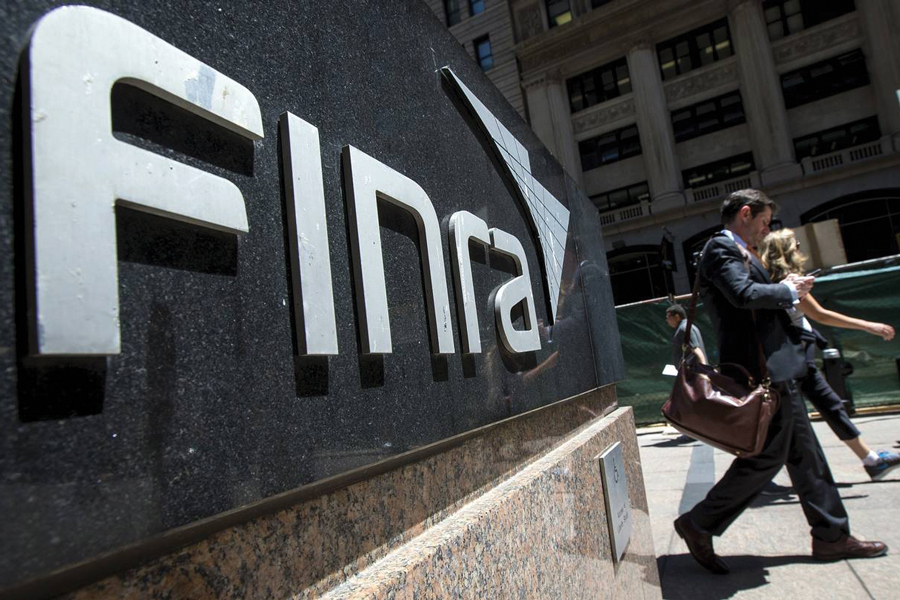

Finra is offering remote mediation and sharply reducing related fees through the end of August in response to the COVID-19 pandemic’s impact on its arbitration system.
The Financial Industry Regulatory Authority Inc. said in a posting Wednesday on its website that mediators will work for $100 per hour and that 85 of them have signed up so far. The mediator payment is split by the parties. Finra also is waiving mediation filing and administrative fees.
It’s a great bargain for customers and firms involved in a dispute, said Adam Gana, a partner at Gana Weinstein. Some mediators charge up to $5,000 per day, and most work for between $300 and $500 an hour. The $100-per-hour rate represents a substantial reduction.
Finra has postponed all in-person arbitration and mediation proceedings due to social distancing constraints caused by the coronavirus. It is making virtual hearing services available through Zoom and teleconference if the parties and mediators agree.
“Our clients need solutions,” Gana said. “This is a great step by Finra. I’m glad to see they’re thinking outside the box about how to facilitate the resolution of cases during the pendency of this crisis.”
Finra runs the arbitration system that is used to settle disputes between brokerages and customers, as well as between registered representatives and firms. Mandatory arbitration agreements are included in just about every brokerage contract.
About 4,800 arbitration cases have been filed annually, while mediations have averaged about 600 per year over the last several years, according to Finra statistics.
Arbitration is similar to a civil litigation process. Parties make arguments before a panel, usually consisting of three arbitrators who decide the case. A mediator works with both parties on a voluntary basis to help them resolve the dispute, said Manly Ray, head of Finra’s mediation program.
The two approaches are not mutually exclusive. After an arbitration hearing is set but before it commences, the parties often try to mediate their differences, Gana said.

While industry statistics pointing to a succession crisis can cause alarm, advisor-owners should be free to consider a middle path between staying solo and catching the surging wave of M&A.

New joint research by T. Rowe Price, MIT, and Stanford University finds more diverse asset allocations among older participants.

With its asset pipeline bursting past $13 billion, Farther is looking to build more momentum with three new managing directors.

A Department of Labor proposal to scrap a regulatory provision under ERISA could create uncertainty for fiduciaries, the trade association argues.

"We continue to feel confident about our ability to capture 90%," LPL CEO Rich Steinmeier told analysts during the firm's 2nd quarter earnings call.
Orion's Tom Wilson on delivering coordinated, high-touch service in a world where returns alone no longer set you apart.
Barely a decade old, registered index-linked annuities have quickly surged in popularity, thanks to their unique blend of protection and growth potential—an appealing option for investors looking to chart a steadier course through today's choppy market waters, says Myles Lambert, Brighthouse Financial.
